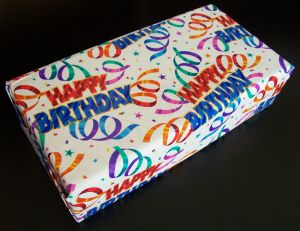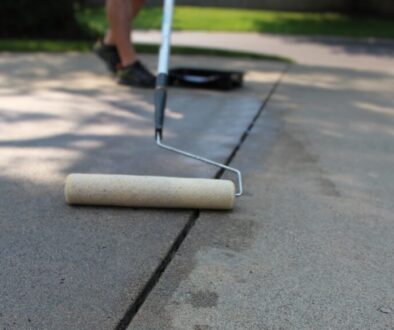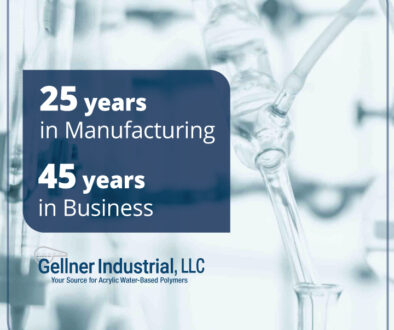Printing Inks Processes, Products, & Polymers
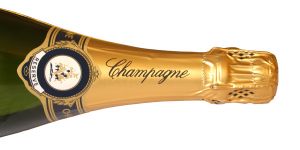
Gellner Industrial manufactures water based acrylic polymers that are sold to companies worldwide that formulate and manufacture printing inks. Printing inks are used on a multitude of materials performed by various printing processes. Those printing processes include Screen printing, Flexographic printing, and Gravure printing.
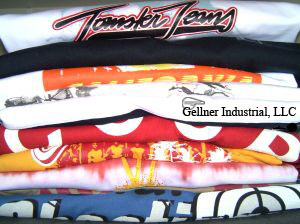
If need be refresh your browser to view the video below to see the Screen Printing Process
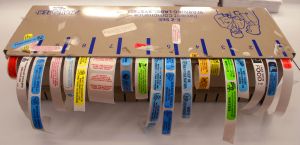
If need be refresh your browser to view the video below to see the Flexographic Printing Process
Flexographic printing ink provides a way to print economically on a variety of surfaces. It is formulated for high-speed printing in an assortment of applications such as corrugated containers, folding cartons, paper sacks, plastic bags, milk and beverage containers, disposable cups and containers, labels, adhesive tapes, envelopes, newspaper, and packaging found in your grocery store. Flexographic printing inks are used more for solid colors and text.
Gellner Industrial’s acrylic polymers, when used in Flexographic printing inks, provide superior adhesion to non-porous surfaces such as vinyl, polypropylene, metals and glass. Our specially formulated acrylic polymers also offer notable alkali resistance, while maintaining excellent press open time for Flexographic printing inks.

If need be refresh your browser to view the video below to see the Gravure Printing Process

Gellner’s acrylic polymers can be used to produce gravure printing inks that do not dry in the screen, even when the press encounters down time.
The qualities that Gellner Industrial’s polymers have that outperform the competition include:
- Adhesion to non porous substrates such as vinyl, polypropylene, polyethylene
- Superior alkali resistance
- Ability to have increased open time to keep the ink from drying
- Superior adhesion, sharpness, and color richness with an array of substrates
- Water Based
- Eco-friendly (Green)
Gellner Industrial manufactures Anionic and Cationic acrylic polymers that are used in the formulation and manufacturing of inks by our customers.
The following are some examples of acrylic polymers that Gellner Industrial manufactures and sells to ink producing companies.
- 25-50E
- 25-30
- M-30
- M-49
- G-35
- SX-75
Water based ink compared to solvent based ink has its pros and cons. Water based ink is more environmentally friendly, contains less emissions, presents less regulations, and is easier to clean up because you can use water.
Typically solvent inks work better than water based inks, but in certain instances water based ink has caught up to solvent ink standards. There will always be cases where solvent based ink works better for company’s applications than water based ink until technology can catch up. However, in some cases water based ink does work better than its counterpart.

